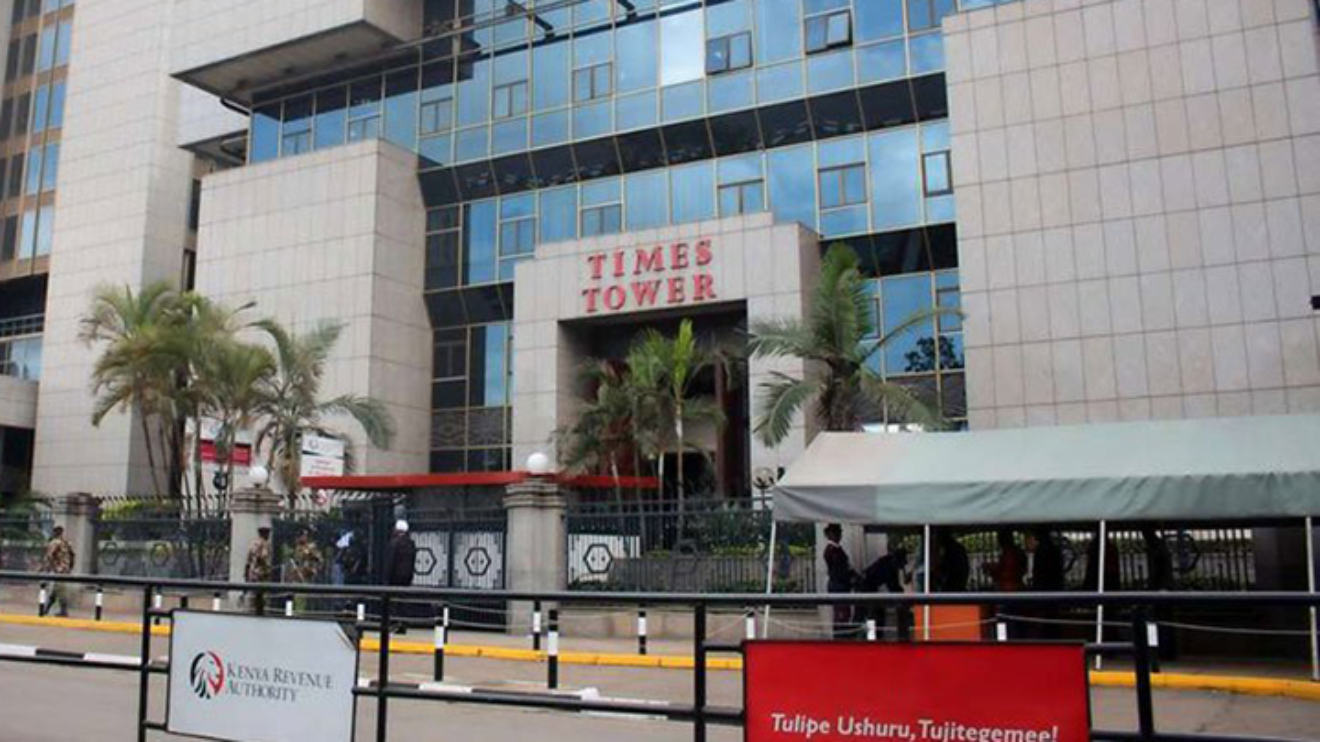Professionals in private practice and landlords are poised to enter a new era of taxation as the National Treasury unveils plans aimed at ensuring a fairer contribution from these sectors.
Cabinet Secretary John Mbadi has signalled a transformative approach, asserting that these groups have largely evaded their tax responsibilities, leaving ordinary Kenyans shouldering a disproportionate burden.
“The realities of economic status the country finds itself necessarily require that to ease the tax burden on Kenyans, it is imperative that the government broadens the tax base,” Mbadi explained, setting the tone for upcoming reforms.
This initiative follows the withdrawal of the Finance Bill 2024 and the nullification of the Finance Act 2023, which have left the government searching for new ways to boost revenue.
A stark revelation from the Cabinet Secretary highlights the urgency of these reforms: the government currently collects a mere Sh17 billion from rental income, a staggering shortfall from the projected Sh100 billion.
Read More
“The reality is that even as we consider new taxes, there are a number of taxable areas that currently are not being targeted,” Mbadi remarked, emphasising the need for a comprehensive tax overhaul.
To tackle these issues, the Treasury plans to implement a robust digital tax system in partnership with the Kenya Revenue Authority (KRA).
This innovative approach aims to enhance efficiency and transparency in tax collection, making compliance easier for professionals and landlords alike.
Mbadi reassured the public, “I don't want us to militarise tax collection. We must do it in a way that people understand that paying taxes is a responsibility.”
In a bid to foster a more business-friendly climate, the Treasury is also considering reducing VAT and corporate taxes.
“We must lower the tax rates. We must lower the VAT rate. We must try to also even reduce the corporation tax from 30 to 25 per cent,” he asserted, signalling an intention to stimulate growth and job creation across the economy.
The impact of these reforms will be significant. The KRA reported collecting Sh543.2 billion from the Pay-As-You-Earn (PAYE) system in 2023, marking a 9.7 per cent increase from the previous year, driven by robust remittances from both private and public sectors.
This positive trend illustrates the potential for even greater revenue if compliance improves across all taxable sectors.
As concerns about liquidity linger, Mbadi has promised that the government is working closely with the banking sector to lower interest rates, facilitating greater access to credit for businesses.
“This will release pressure on the companies and on taxpayers to even employ more Kenyans,” he highlighted, hinting at a broader economic strategy to bolster growth.
Furthermore, a new commitment to transparency in public debt management is on the horizon, with the Auditor General beginning an independent audit of Kenya's public debt.
“We are committed to transparency in debt management, and this audit will help build public trust,” Mbadi stated, reinforcing the government’s dedication to fiscal responsibility.
As these developments unfold, professionals in private practice and landlords must prepare for a landscape marked by increased accountability and new responsibilities.
The National Treasury’s bold plans could reshape the economic environment, encouraging compliance while striving to alleviate the tax burden on ordinary citizens. As the country stands on the brink of these changes, the question remains: will these reforms deliver on their promise of a fairer tax system for all?

-1729244122.jpg)







